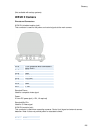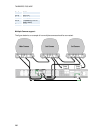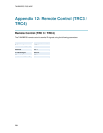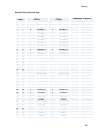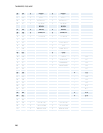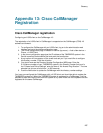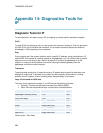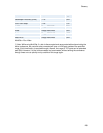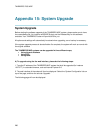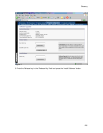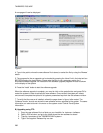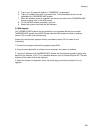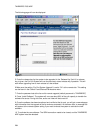
TANDBERG 7000 MXP
288
Appendix 14: Diagnostics Tools for
IP
Diagnostic Tools for IP
To use these tools, will require using a PC and setting up a telnet session towards the system.
Q.931
To show Q.931 trace during a call you need to issue the command ‘syslog on’.One can get traces
for RAS, Q.931 and H.245 with this command. It is a complex trace and requires an extensive
knowledge in H.323 signalling to be understood.
Ping
Ping is used to see if the system is able to reach a specific IP-address, using a mechanism in IP
called ICMP. If the system is unable to register to its gatekeeper, or if it is unable to dial a specific
endpoint, one can use ping to see if there is at least an IP-route to the gatekeeper or to the
endpoint. In case you have problems, one would first ping the default gateway, then the
gatekeeper, and then the other endpoint.
Traceroute
Traceroute does exactly that; it traces the route an IP-packet takes to reach its destination and
displays all router hops. Traceroute is very useful for seeing exactly where there is a routing-
problem in the IP-network, and for checking where transport-delay is introduced.
Layer 4 Ports used in H.323 calls
The layer 4 ports used by the system in a H.323 call can be defined as follows:
Dynamic: The ports are allocated at random from 2048 to 65535.
Static: Will use the predefined layer 4 ports listed in the tables below.
Function Port Type
Gatekeeper Discovery (RAS) 1719 UDP
Q.931 Call Setup 1720 TCP
H.245 Range 5555-5574 TCP
Video Range 2326-2341 UDP
Audio Range 2326-2341 UDP
Data/FECC Range 2326-2341 UDP
Point-to-point + Duo Video




